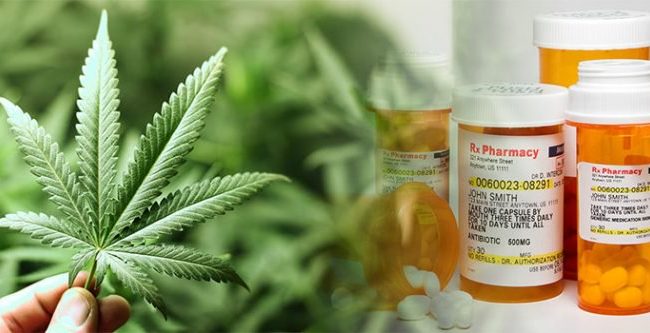“Or any other serious medical condition for which the physician believes the patient may benefit from the use of medical cannabis.”
The West Virginia Medical Cannabis Advisory Board voted 7-4 Thursday to recommend the above language be added to the end of the list of medical conditions for which physicians can provide certification for the use of medical cannabis.
If approved by the legislature, the change would loosen the language of the law, which currently lists 15 specific diagnosis — one of which being “terminally ill” for which medical cannabis could be provided.
“Again, this would be a recommendation. We don’t change law. This is just to get the discussion to the legislature,” Jesse Forbes said, prior to voting in favor of the recommendation.
“Our role is supposed to be to make recommendations to the legislature so they look at these things. We can’t change the law. The DHHR can’t change the law. But the legislators need to look at do they want to leave a list in place that’s concrete with these conditions or do they want to start the discussion and formulate specific language in the law that would allow a physician to treat their patient without having to wait for a legislative change.”
Dr. James Berry was the most vocal opponent of the proposal, arguing it’s premature to loosen restrictions before the first medical cannabis has even been dispensed in the state.
“I think we need to keep that at the forefront of our priorities, is first do no harm,” he said, noting increased access shouldn’t be the focus, particularly if it’s being sold as “medical.”
“We’re calling this medicine and we need to be able to then justify why we’re calling it medicine and have the same safeguards of any other medicine to do that. Having, actually, a list of conditions that at least have some evidence, and then look at, OK, what are the doses, what are the frequencies, what are the timeframes you can use a product the way you would any other medication?”
Berry suggested letting the program run as is, then, if warranted, loosening the restrictions based on evidence, adding, “It’s going to be a lot harder to close it up and tighten it after things have been opened.”
Others argued medical cannabis, which was made legal in the state in April 2017 is already moving too slowly and is too restrictive.
“Patients are still without access. I’ve spoken to folks who are dead. They died before they had access to legal medical cannabis,” Rusty Williams said. “I just think that if we go any slower we won’t have a medical cannabis program. Recreational will happen nationally before we get the first medical cannabis dispensary door open if we push any harder on the brakes.”
TWEET @DominionPostWV




